Description
So, what is CPD? CPD stands for Continuing Professional Development (CPD) and is the term used to describe the learning activities educators engage in to develop and enhance their abilities. It enables learning to become conscious and proactive, rather than passive and reactive.
CPD combines different methodologies to learning, such as email news letters, summarizing international educational journal articles, online resources and videos, training workshops, conferences and events, e-learning programs, best practice techniques and ideas sharing, all focused for an individual to improve and have effective professional development.
Accompanied by such growth is the acceptance that academic qualifications must offer more vocational and skills-based or ‘practical’ learning. A structured, practical and methodical approach to learning helps heads of schools to retain key staff and develop the skills & knowledge in their schools to maintain a sustainable and competitive advantage.
Engaging in Continuing Professional Development ensures that both academic and practical qualifications do not become out-dated or obsolete; allowing educators to continually ‘up skill’ or ‘re-skill’ themselves, regardless of occupation, age or educational level.
CPD allows an educator to focus on what specific skills and knowledge they require over a short-term period, say 12 months, in order to be confident there is recognisable improvement within their proficiency and skill sets.
CPD Coverage at Schools of Educators Certificate course
- Day wise (365 days) step by responsibility for teachers
- Day wise (365 days) step by responsibility for Principals
- National Education Policy – 2019
- Creating good notice boards
- Teacher assessment rubrics
- Creating School Timetable
- Structured sports curriculum
- Essential tools, learning and resources for X – XII board examinations
- Pre school teaching and teacher manuals
- Assembly Conduction
- Organizing school level debate
- Multiple Intelligence and blooms taxonomy
- Importance of Digital lessons
- Self Improvement
- Stress Management
- Positive Attitude
- Team Development
- Creative Thinking
- Understanding and managing self
- Strategic Leadership
- Conflict Management
- Personality development
- Right to Information Act
- Instructional Supervision
- Time management
- Life Skills training
- Emotional Intelligence
- Adolescence
- Mind maps
- Standard operating procedures of
- Teacher-employee
- Student-Parent
- school safety
- school HR
- school counselors
- special educators
- Events & Functions
- Field trips and Excursions
- Accounts & Finance
- First Aid protocol
- Anti-sexual harassment
- Primary teachers
- Purchase and Materials
- Recruitment & selection
- School transport
- Secondary teachers
- Annual activity plan
- Becoming a Better Music Teacher
- Impact of Technology: How To Lead Classroom Discussions
- Teaching English: How to Plan a Great Lesson
- Transforming Education in Challenging Environments
- Planning for Learning: Formative Assessment in Science and Maths
- Understanding and Teaching Evolution
- Digital Skills for Teachers: Making Technology Work for You
- Good Practice in Autism Education
- Professional Development for Early Career Teachers
- Child Protection for Teachers
- Introducing Assessment for Learning
- Managing Behaviour for Learning
- Caring for Vulnerable Children
- The Science of Learning
- Impact of Technology: How To Lead Classroom Discussions
- Accessibility of eLearning
- Am I ready to study in English?
- Assessment in secondary geography
- Assessment in secondary mathematics
- Assessment in secondary science
- Assistive technologies and online learning
- Careers education and guidance
- Changes in Science Education
- Childhood in the digital age
- Creating open educational resources
- Developing good academic practice
- Digital literacy: succeeding in a digital world
- Early years team work and leadership
- Encouraging book talk in the school library
- Engaging with educational research
- English grammar in context
- English: skills for learning
- Evaluating school classroom discussion
- Exploring books for children: words and pictures
- Exploring children’s learning
- Exploring educational leadership
- Exploring equality and equity in education
- Extending and developing your thinking skills
- Facilitating group discussions
- The family at the centre of early learning
- A global dimension to science education in schools
- The interplay between leading and learning
- Introducing ethics in Information and Computer Sciences
- Introduction to child psychology
- Introduction to number theory
- An introduction to Open Educational Resources (OER)
- Involving the family in supporting pupils’ literacy learning
- Key skill assessment unit: Problem solving
- Key skill assessment: Communication
- Key skill assessment unit: Working with others
- Knowledge in everyday life
- Language as a medium for teaching and learning
- Leadership and context
- Leadership and followership
- Learning how to learn
- Learning to learn: Exploring learning
- Learning to learn: learning can mean change
- Looking globally: the future of education
- Making sense of mental health problems
- Learning to teach: an introduction to classroom research
- Making sense of ourselves
- Mastering systems thinking in practice
- Open education
- Parents and toddlers: Teaching and learning at home
- Play, learning and the brain
- Postgraduate study skills in science, technology or mathematics
- Primary science: supporting children’s learning
- Processes of study in the arts and humanities
- Revision and examinations
- The role of play in children’s learning
- Taking your first steps into higher education
- Take your teaching online
- Teachers sharing resources online
- Teaching for good behaviour
- Teaching mathematics
- Teaching secondary geography
- Teaching secondary mathematics
- Understanding early years environments and children’s spaces
- Using film music in the classroom
- Using visualisation in maths teaching
- The world of the primary school
- The ‘why’ and ‘what’ of educational leadership and management
- How to Be an Outstanding Subject Leader
- Effective use of teaching assistants
- Lessons in Behaviour Management
- Mentoring in Initial Teacher Education (ITE)
- Outstanding Teaching
- Physics CPD course
- STEM Teaching etc.

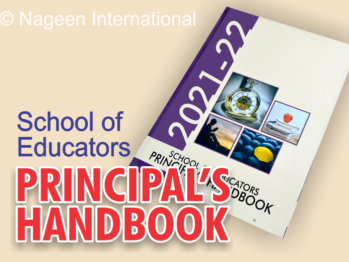
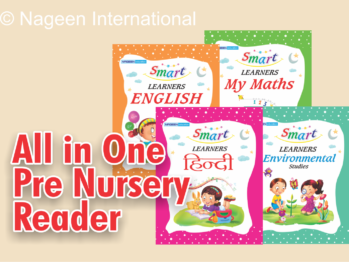

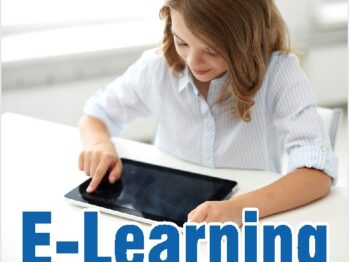

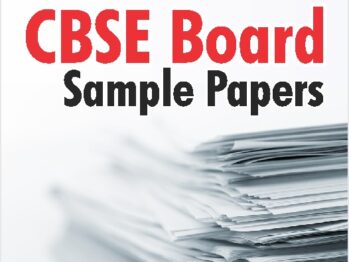


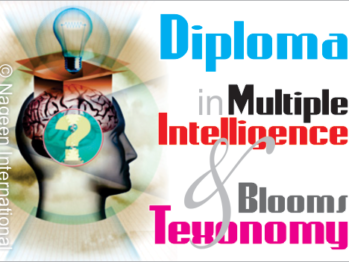
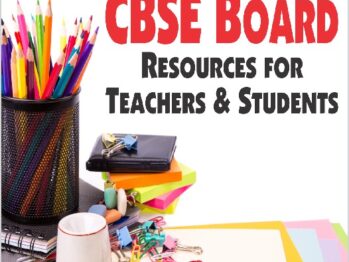
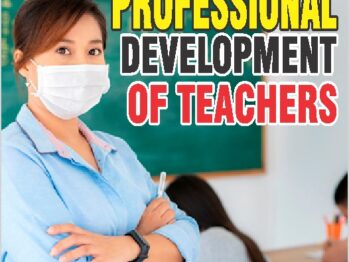

Reviews
There are no reviews yet.